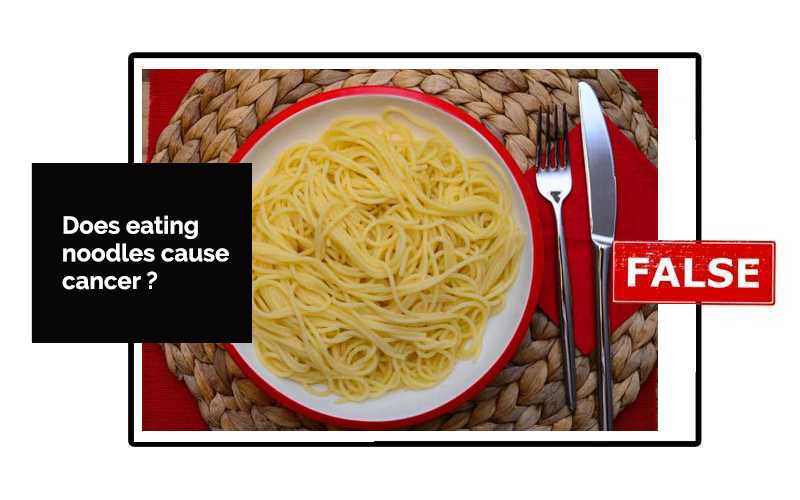×
The Standard e-Paper
Informed Minds Prefer The Standard

A reader contacted the Standard Fact Check Desk to verify if scientists had really warned people to stop eating instant noodles due to cancer and stroke risks.